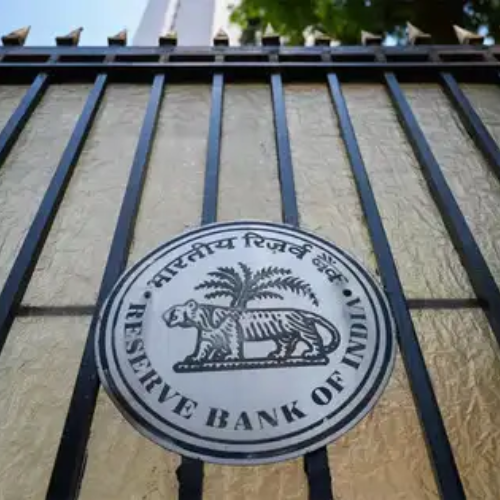
SIM Box fraud, a growing telecom and cybersecurity threat, involves bypassing international call termination fees by routing calls through illegal SIM boxes, causing significant revenue losses for telecom operators and governments. Beyond financial damage, it poses national security risks, as these calls often evade lawful interception and monitoring systems.
Cybercriminals exploit bulk-purchased SIM cards and automation tools to disguise international calls as local ones, undermining both service quality and regulatory oversight. This illicit practice is increasingly linked to organized cybercrime networks, phishing scams, and even cross-border fraud operations.
To counter this, telecom operators and regulators are intensifying compliance measures. Advanced fraud detection systems—using AI, machine learning, and real-time analytics—are being deployed to identify unusual call patterns, SIM rotation, and suspicious traffic spikes. Periodic audits, tighter KYC norms for SIM issuance, and close coordination with law enforcement are also becoming central to enforcement efforts.
International cooperation is crucial, as SIM Box operations often span multiple jurisdictions. By combining robust compliance frameworks with cutting-edge detection technologies, the telecom industry can significantly curb SIM Box fraud, safeguard revenues, and protect national security. The focus is now on making fraud prevention an integral part of telecom infrastructure strategy.
See What’s Next in Tech With the Fast Forward Newsletter
Tweets From @varindiamag
Nothing to see here - yet
When they Tweet, their Tweets will show up here.





























